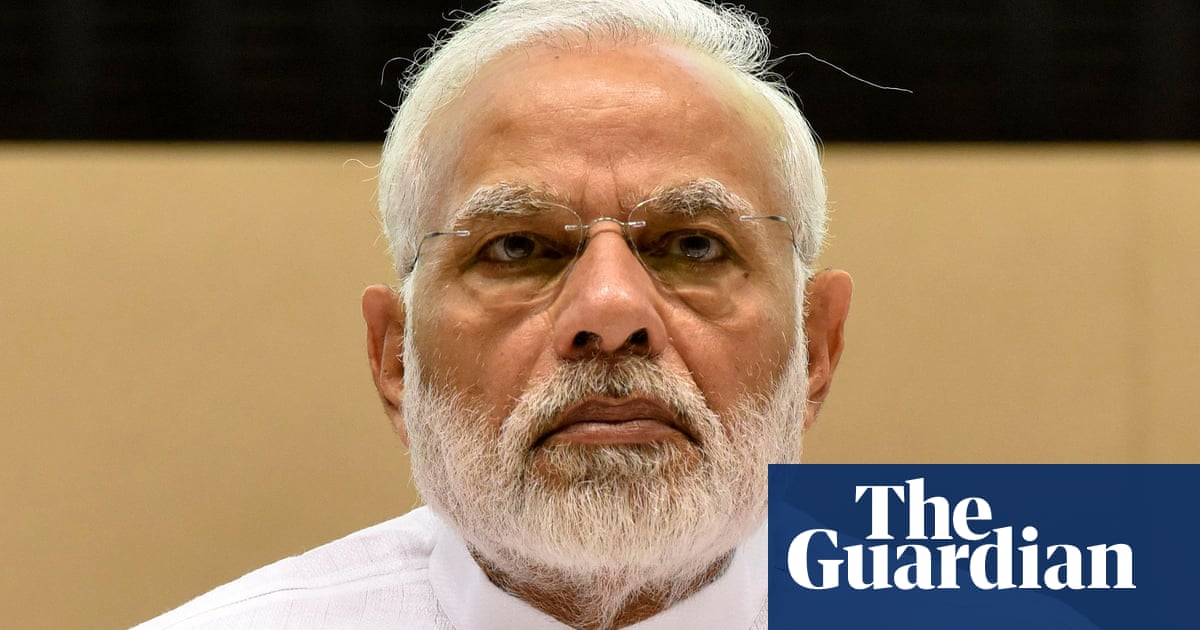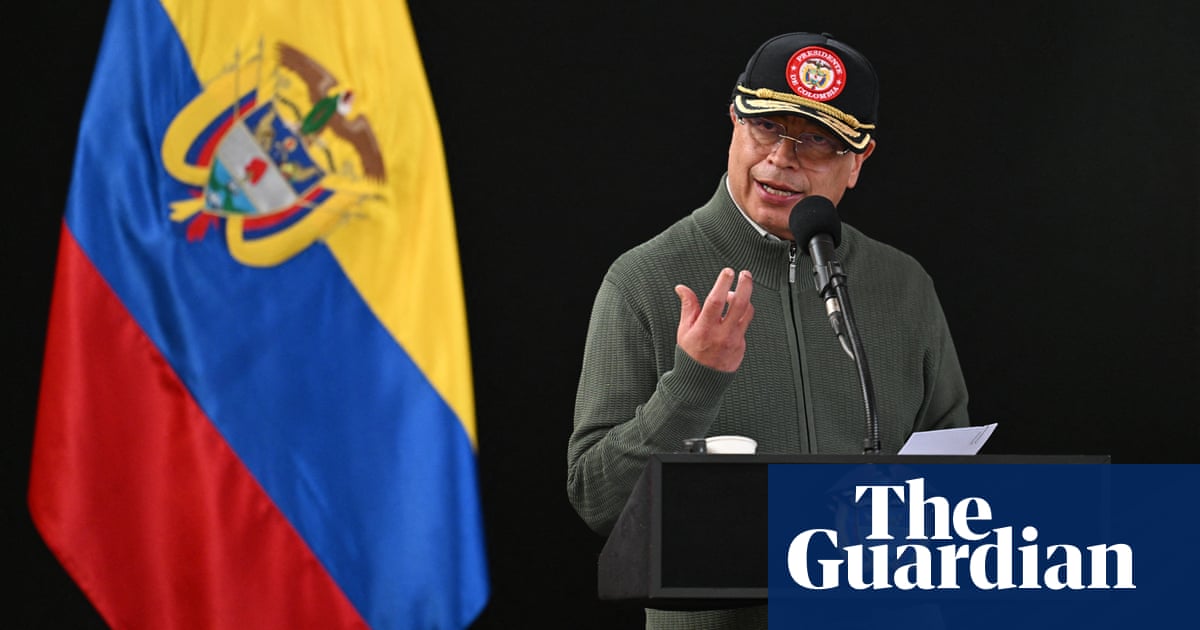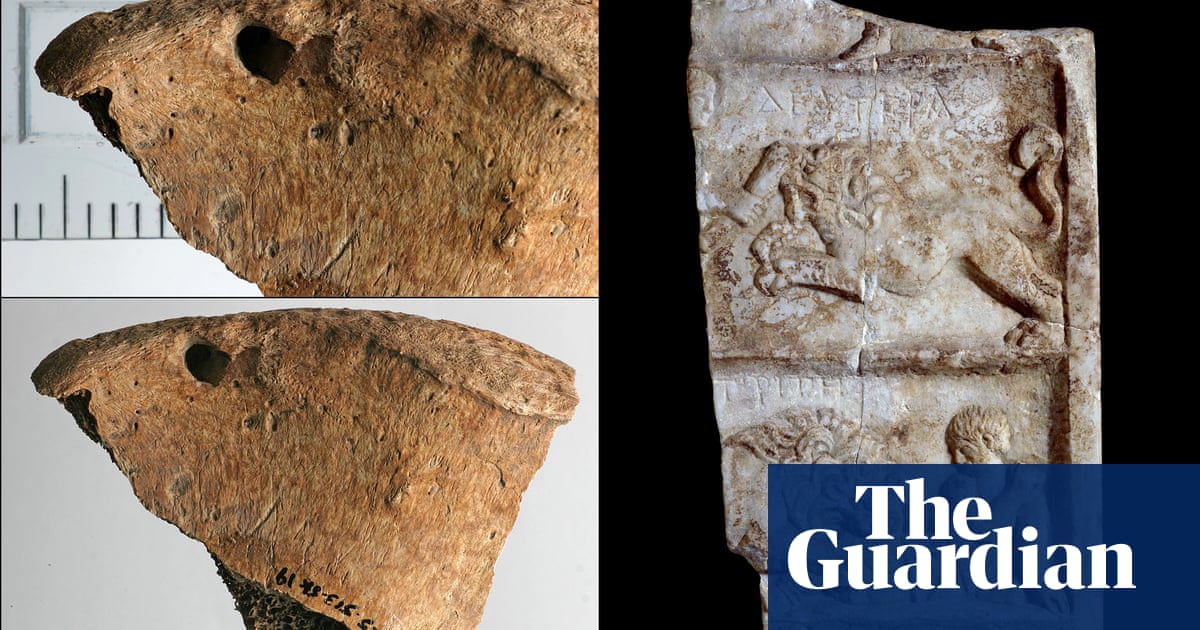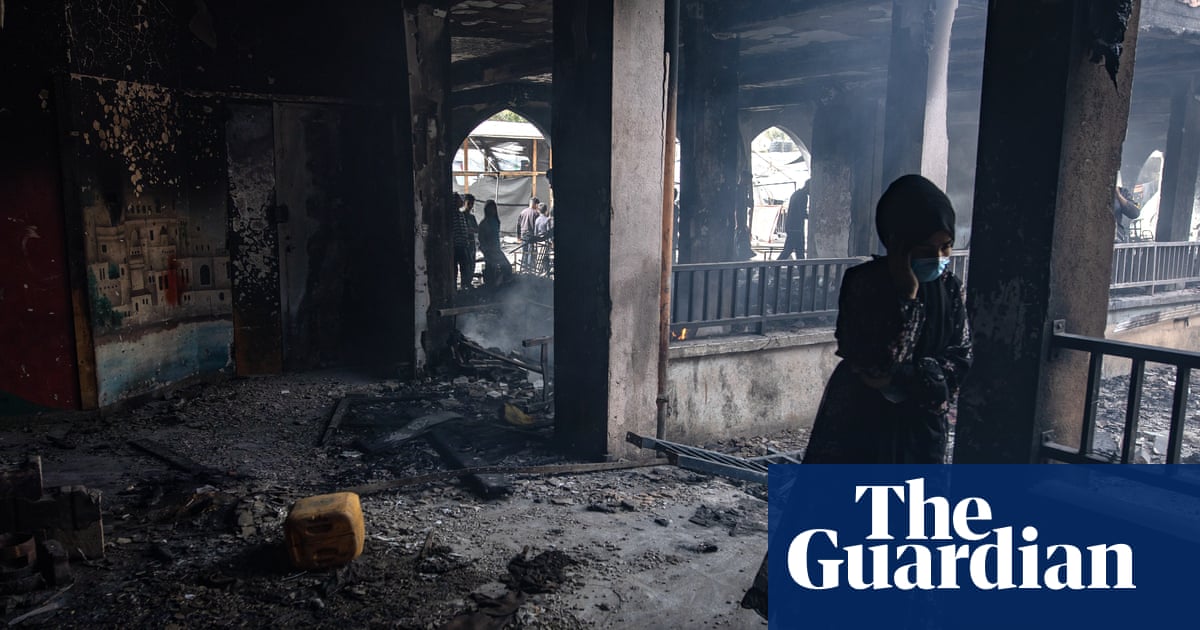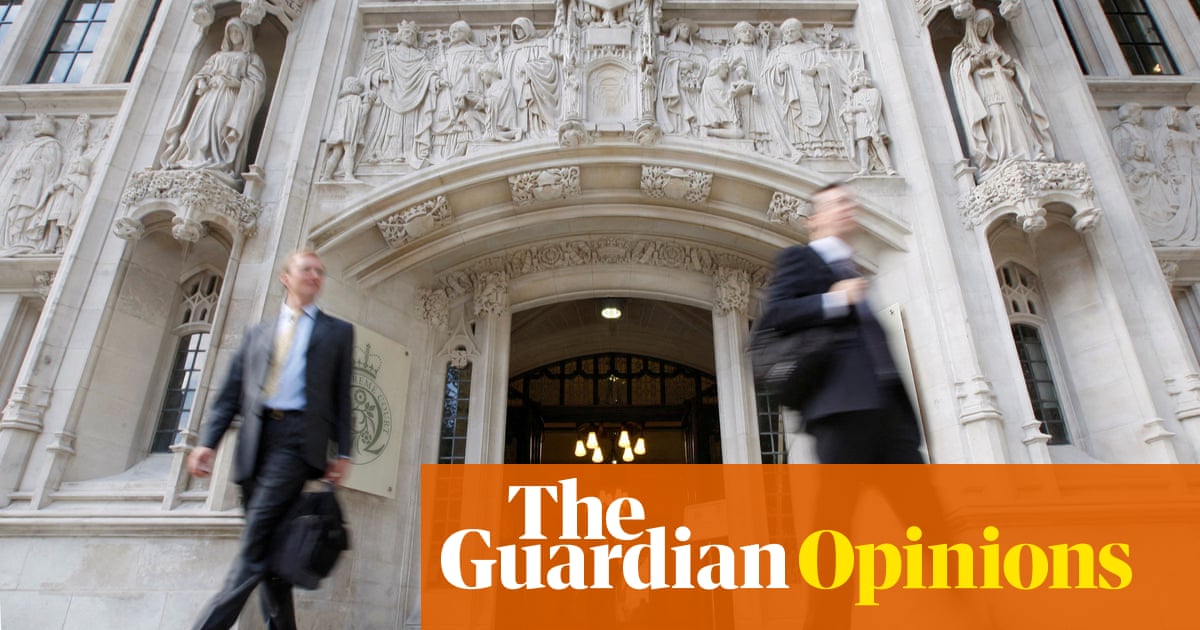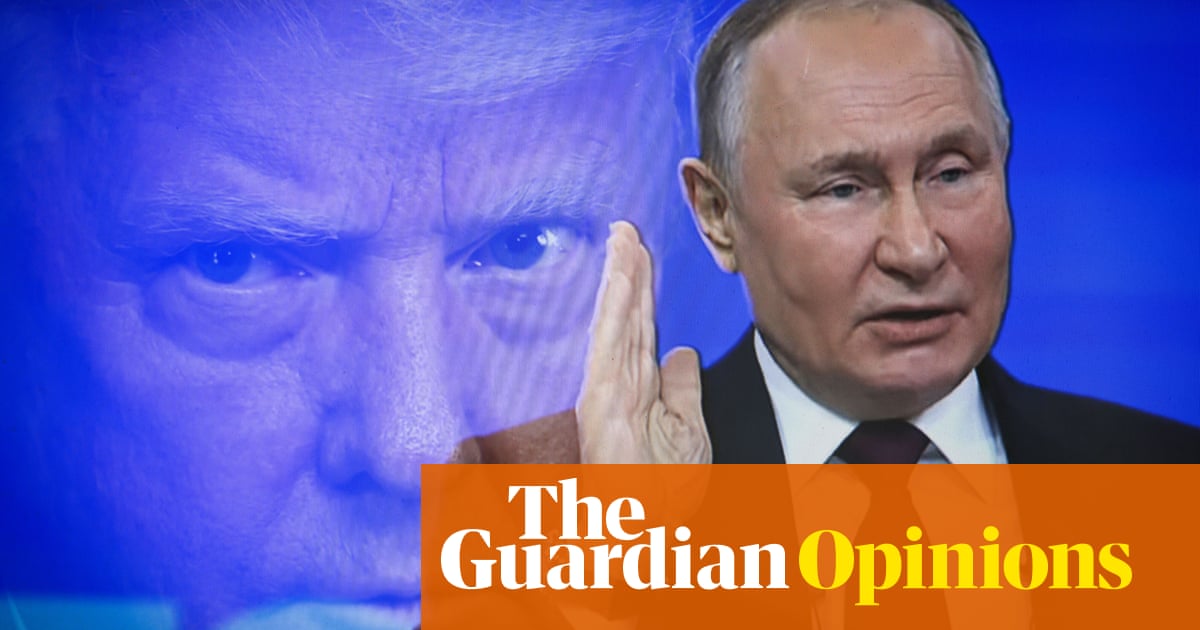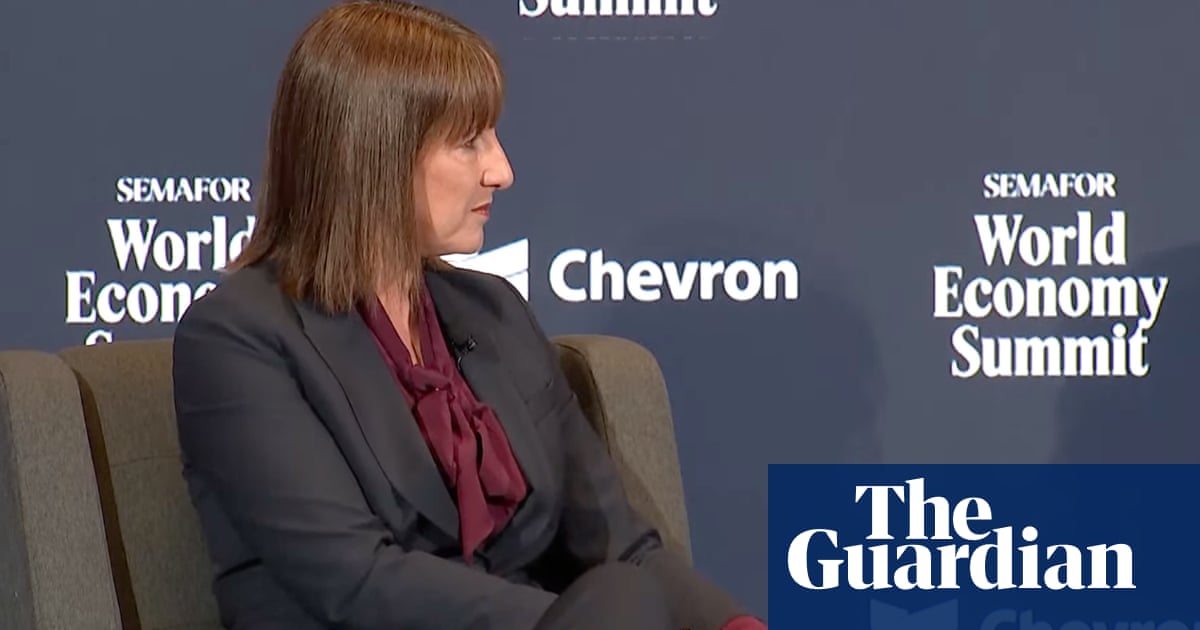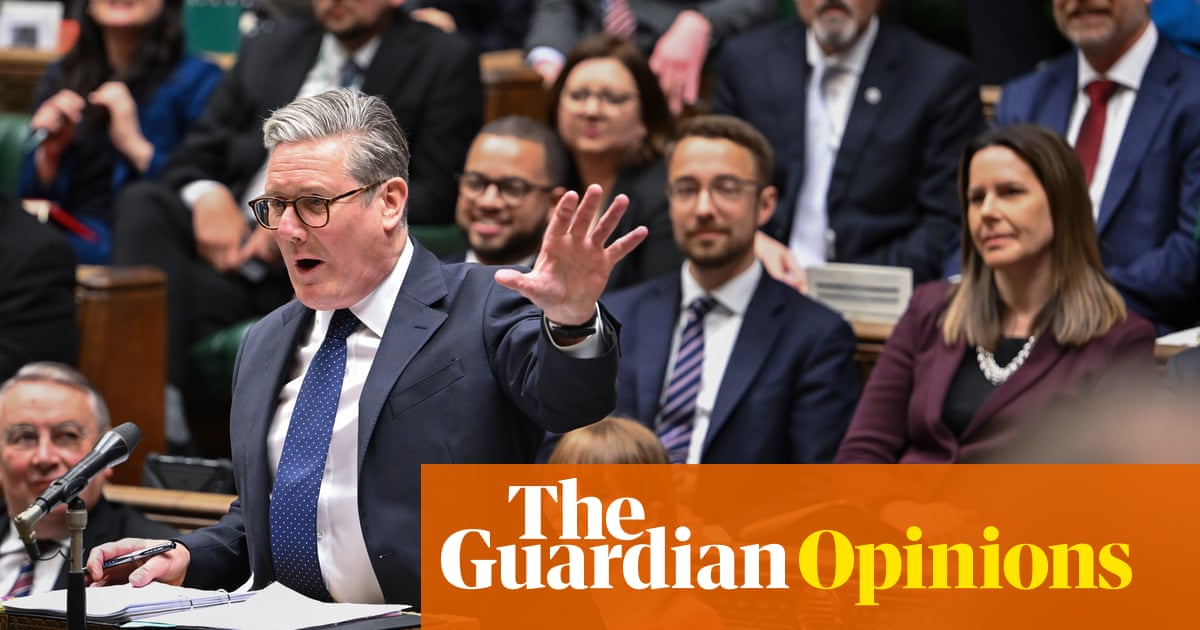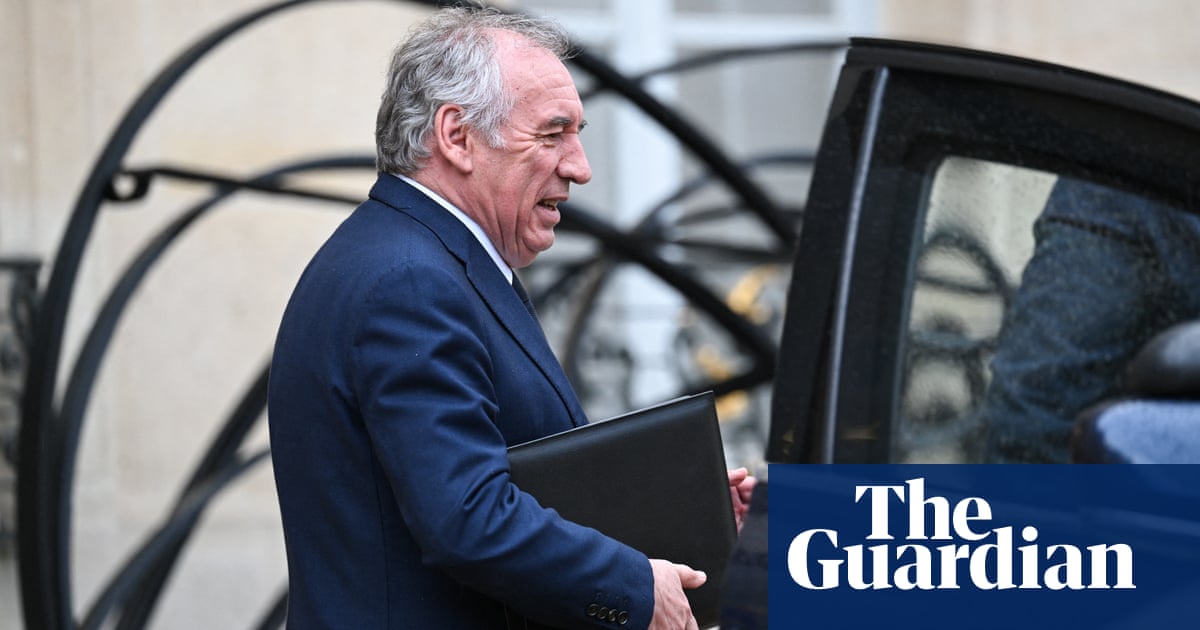The comments were brazen, swaggering, jaw-dropping, audacious, and, to many, simply outrageous. “Stupéfaction mondiale” was how the French paper Libération responded on Wednesday morning. The sober-sided New York Times contented itself with “improbable”. A US senator gave voice to what will surely become a drumbeat charge across the Middle East and beyond in the hours and days to come, that what Donald Trump had said about Gaza amounted to “ethnic cleansing by another name”.
On Tuesday, at the end of his White House meeting with Israel’s prime minister, Benjamin Netanyahu, President Trump declared that the US should seize control of the Gaza Strip and permanently remove its 2.2 million Palestinian inhabitants to resettlement in places such as Egypt and Jordan. The US would “own it and be responsible”, said Trump. “We’ll take it over and develop it,” he added. There would be “unlimited numbers of jobs and housing” for “the people of the area” – though which people they would be was not specified. Gaza would be turned into “the Riviera of the Middle East”.
It was, potentially at least, another wrecking ball move for a region that has suffered carnage and destruction since Hamas’s terrible attack on Israel in October 2023, triggering 16 months of Israeli assaults on Gaza. Unsurprisingly, it was immediately countered by one of the key players in any search for solutions. Within hours, Saudi Arabia rejected the Palestinian displacement plan, reasserting that it would not establish diplomatic relations with Israel – until now one of Trump’s pivotal Middle East policy goals – without the establishment of a Palestinian state.
Where this leaves the fragile ceasefire process currently under way between Hamas and Israel is hard to compute. Negotiations on the second phase of the ceasefire agreement are about to begin next week, involving the US, Israel, Hamas, Egypt and Qatar. Their stated aim is to agree further hostage and prisoner exchanges, an indefinite extension of the current time-limited truce and a deal on who will govern Gaza.
Trump’s statements throw this last part of the phase two negotiations up in the air. They also disrupt the rest of the process. But the stakes are very high. The Israel-Hamas war could resume within weeks if an agreement is not reached. This is the outcome that Netanyahu, the undisputed beneficiary of Trump’s freewheeling, would probably favour, since it would hold his fractious government together. Israel’s most rightwing parties, some of which regard Gaza as part of Israel anyway, will see Trump’s remarks as a turning point in their favour, with implications for the West Bank, too. Palestinians will see it as betrayal.

Trump’s remarks have caught the US and the world on the hop. But they did not come entirely out of the blue. Before his return to the White House, Trump had occasionally made similar comments. Gaza was a “massive demolition site”, he said, immediately after his inauguration in January. “It’s a phenomenal location on the sea – best weather. You know, everything’s good. It’s like, some beautiful things could be done with it.”
That seemed at the time like the voice of US property tycoon Trump rather than of US president Trump. The same was true of his comments on Tuesday. Yet Trump always blurs the personal and the political. It would be a mistake to think he is not, on some level, serious. Only last week, Trump sent his Middle East envoy, Steve Witkoff, himself a billionaire real estate developer, to make the first visit to Gaza by a US official since the start of the war.
No one should underestimate the importance of bluff and distraction in Trump’s current blizzard of shock-and-awe announcements on multiple topics in addition to the Middle East. Nevertheless, for a president who came to office in 2017, and who has now done so again eight years later, and pledged on both occasions to put the US first, Tuesday’s remarks are a spectacular about-face with immense consequences if they were ever to become serious policy.
Ever since the invasion of Iraq in 2003, US foreign policy has hesitated to intervene, engage and occupy, especially in the Middle East itself. In that time, US troops have occasionally played key roles, often under the radar or simply from the sky, in conflicts ranging from Libya to Syria, as well as in Afghanistan. But Trump’s default international stance has always been to bring US troops out of the line of fire, while demanding that others – as with Europe in Ukraine – step up their own commitments.
On Tuesday, though, Trump appeared open to the idea that US troops would be deployed to enforce his Gaza occupation idea. Presumably, US troops could take charge of attempts to forcibly remove the Palestinians, too. It defies belief to imagine that such an operation, unashamedly defiant of international law, and necessarily involving tens of thousands of military personnel, would not involve US forces in confrontations, casualties, and, if Iraq is any guide, accusations of human rights violations against local people. Exactly the sort of overseas engagement, in other words, that Trump has always said he opposes.
Yet Trump’s second term is already different. Very strikingly, and with the Gaza remarks the latest example, he has begun to talk the language of imperialism. He has threatened to take over Greenland, to reclaim the Panama canal, to annex Canada, to rename the Gulf of Mexico and, now, to take over Gaza. Maybe he will decide next week to relocate Palestinians to Newfoundland.
The critical question is whether any of this is meant seriously. “This was not a decision made lightly,” Trump said on Tuesday. Yet it is so lacking in detail and so inherently incomprehensible as an actual policy, that probably not even the president himself can say for certain that a single US soldier will ever serve in Gaza or a single US dollar be invested in seafront development there either.
Moreover, seriousness can come in different forms, as Trump’s second presidency is showing. Trump may not really want to occupy Gaza at all; but the fact that he has said that he might is itself a fact that reshapes other realities, in the Middle East and in domestic US politics.
In the less than three weeks since he was sworn in again, Trump is proving himself to be a far more brilliant politician than he was in the often chaotic circumstances of his first term. The performative autocracy of his presidential decrees may really be changing the US, or it may simply distract the public into thinking that they are changing it. The difference may matter less than we suppose.
In a political culture dominated by social media rather than by legislative and legal process, the giving of an impression, even in an improbable case like Gaza, is actually more potent and more instantly deliverable than the kind of careful policymaking that governments like Keir Starmer’s prefer. Trump may not deliver much materially for the millions who voted for him, but his ability to persuade them that he is doing so shines an unsettling light into the politics of the future.
-
Martin Kettle is a Guardian columnist
Do you have an opinion on the issues raised in this article? If you would like to submit a response of up to 300 words by email to be considered for publication in our letters section, please click here.

.png) 2 months ago
21
2 months ago
21
